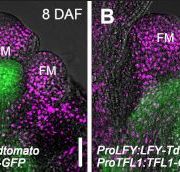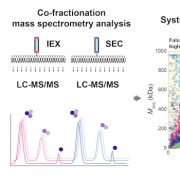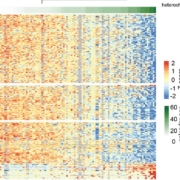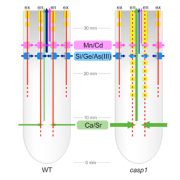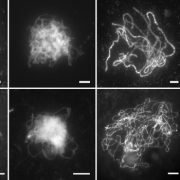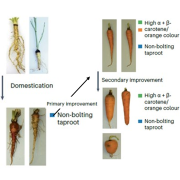Epigenetic regulation during rice domestication and de-domestication
Cao et al. investigate the role of epigenetic variation in rice domestication and de-domestication. The Plant Cell (2023).
https://doi.org/10.1093/plcell/koad160
By Shuai Cao1,2 and Qingxin Song1
1 State Key Laboratory of Crop Genetics and Germplasm Enhancement, Nanjing Agricultural University, China
2 Temasek Life Sciences Laboratory, National University of Singapore, Singapore
Background: Humans have domesticated hundreds of plant and animal species as sources of food and materials. For example, rice (Oryza sativa) feeds more than a third of the global population. Cultivated rice was domesticated from a wild progenitor ~9000 years ago, which was accompanied by dramatic changes in morphological and physiological traits. Importantly, cultivated rice can turn back into ‘wild-like’ plants under natural selection, by de-domestication. DNA methylation is a conserved epigenetic mark in most eukaryotes that plays important roles in plant development and environmental responses. However, whether epigenetics contributes to domestication and de-domestication of rice is largely unknown.
Question: We wished to know whether and how variation in DNA methylation affected gene expression during rice domestication (cultivars vs wild rice) and de-domestication (weedy rice vs cultivars).
Findings: We generated single-base resolution DNA methylomes from 95 accessions of wild, cultivated and weedy rice. We detected a significant decrease in DNA methylation during rice domestication. By contrast, DNA methylation dramatically increased following rice de-domestication. Notably, hypomethylated sites from wild to cultivated rice and hypermethylated sites from cultivated to weedy rice were largely not shared. We determined that variation in DNA methylation affected the binding of transcription factors and chromatin accessibility to regulate expression of nearby and distal genes, which would be expected to cause morphological changes during domestication and de-domestication of rice.
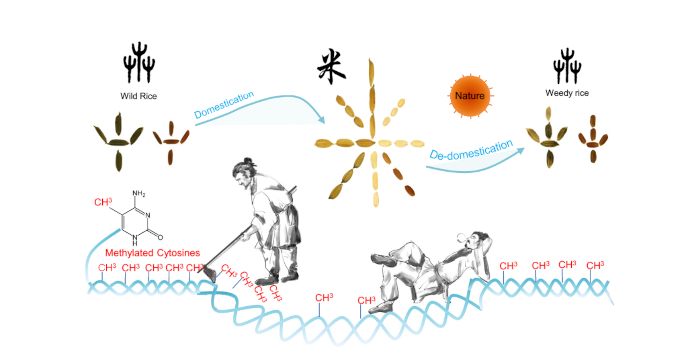
Next steps: Future efforts will focus on identification of DNA methylation variants associated with changes for agronomic traits during rice domestication, which could help breeders facilitate rice improvement through epigenetic engineering and breeding.
Reference:
Shuai Cao, Kai Chen, Kening Lu, Shiting Chen, Xiyu Zhang, Congcong Shen, Shuangbin Zhu, Yanan Niu, Longjiang Fan, Z. Jeffrey Chen, Jianlong Xu, and Qingxin Song. (2023). Asymmetric variation in DNA methylation during domestication and de-domestication of rice. https://doi.org/10.1093/plcell/koad160


